My Qualifications
American Association of Natural Wellness Practitioners
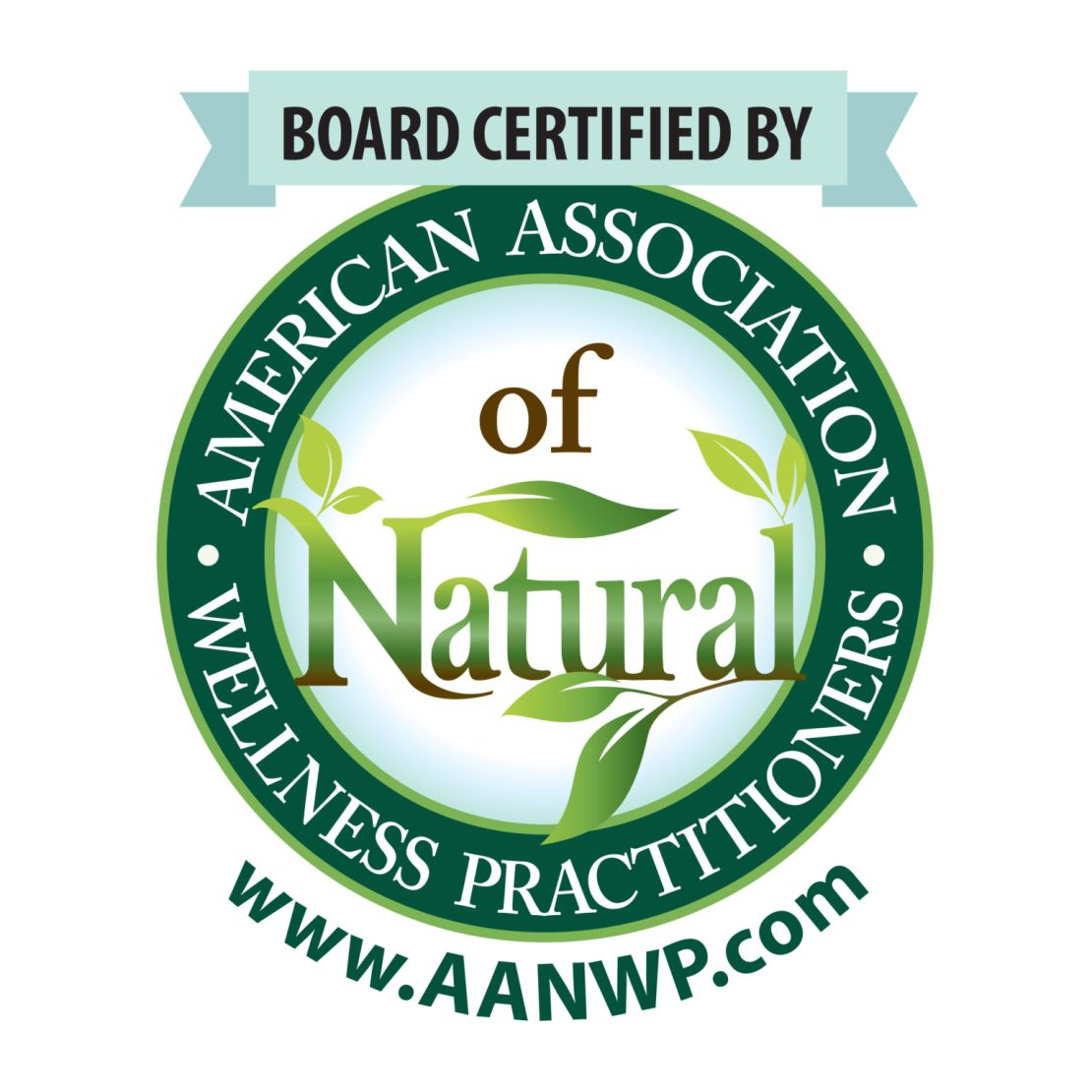
Board Certified Optimal Health Practitioner.
(BCOHP)
International Sports Sciences Association
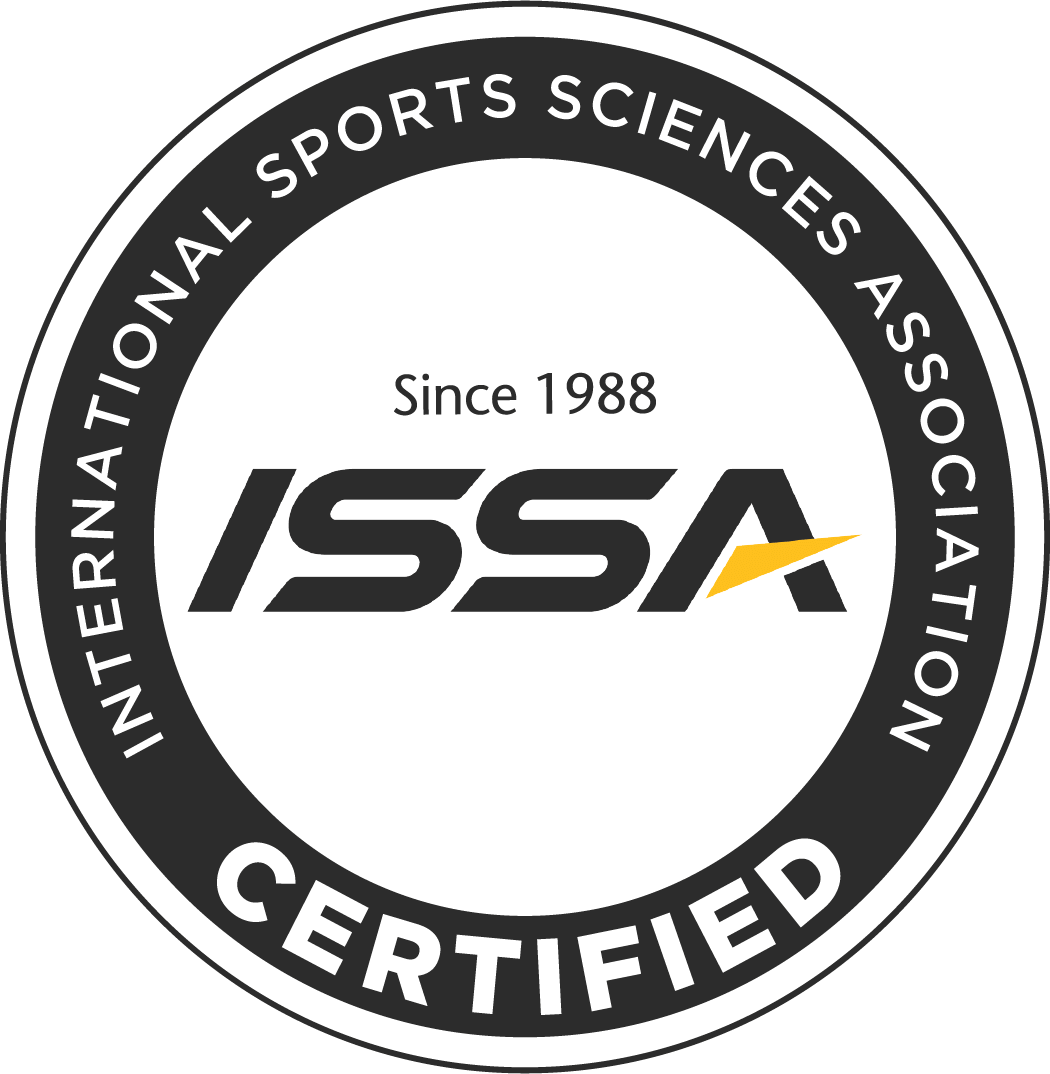
ISSA Certified Nutritionist: The science and practice of Nutrition and Nutrition coaching.
University of Minnesota
Specialization Certificate: Integrative Health and Medicine.
This specialization for health providers offers an essential background on various integrative therapies, including information on application, mechanism of action, and evidence of benefit, as well as safety and quality considerations. The acquired skills are:
1) Assess client need and desire for integrative therapies.
2) Research the evidence on benefits and risk for use of specific integrative therapies.
3) Educate clients about safety and quality concerns.
4) Partner with clients on developing a plan of integrative care that fits their needs and preferences.
5) Administer the therapy or advise about its use.
The Health Sciences Academy
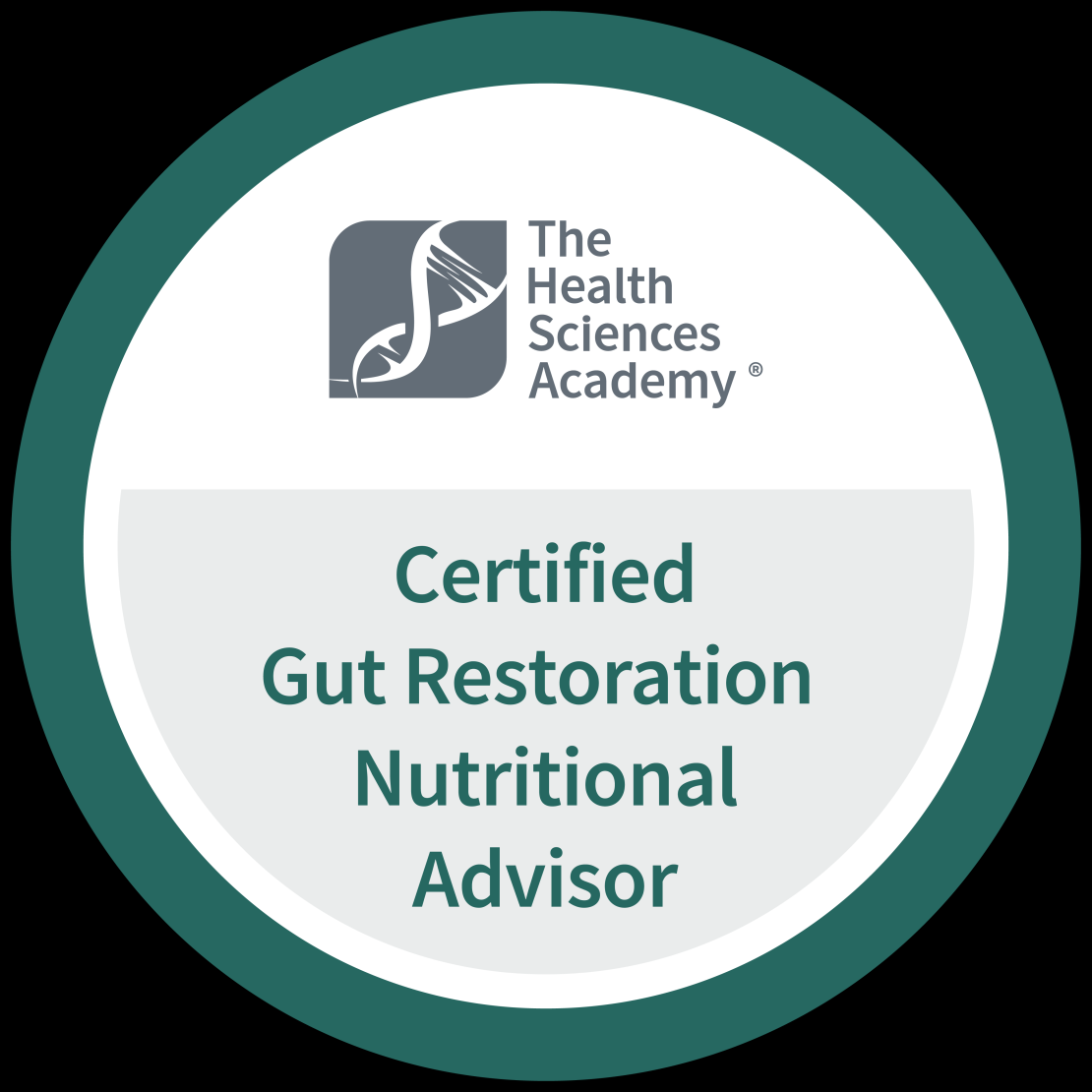
Professional Diploma: Advanced Gut Restoration Nutritional Advisor
Understanding the biology of the digestive system. The benefits of the Microbiome and how to keep a healthy bacteria balance. Common foods, drugs and lifestyles which may cause harm to the gut and those which may help to repair damage. Applying science-based methods, to accurately access a person's symptoms, identify the best action plan based on those symptoms and the client`s goals; build a highly personalised gut restoration nutrition program.
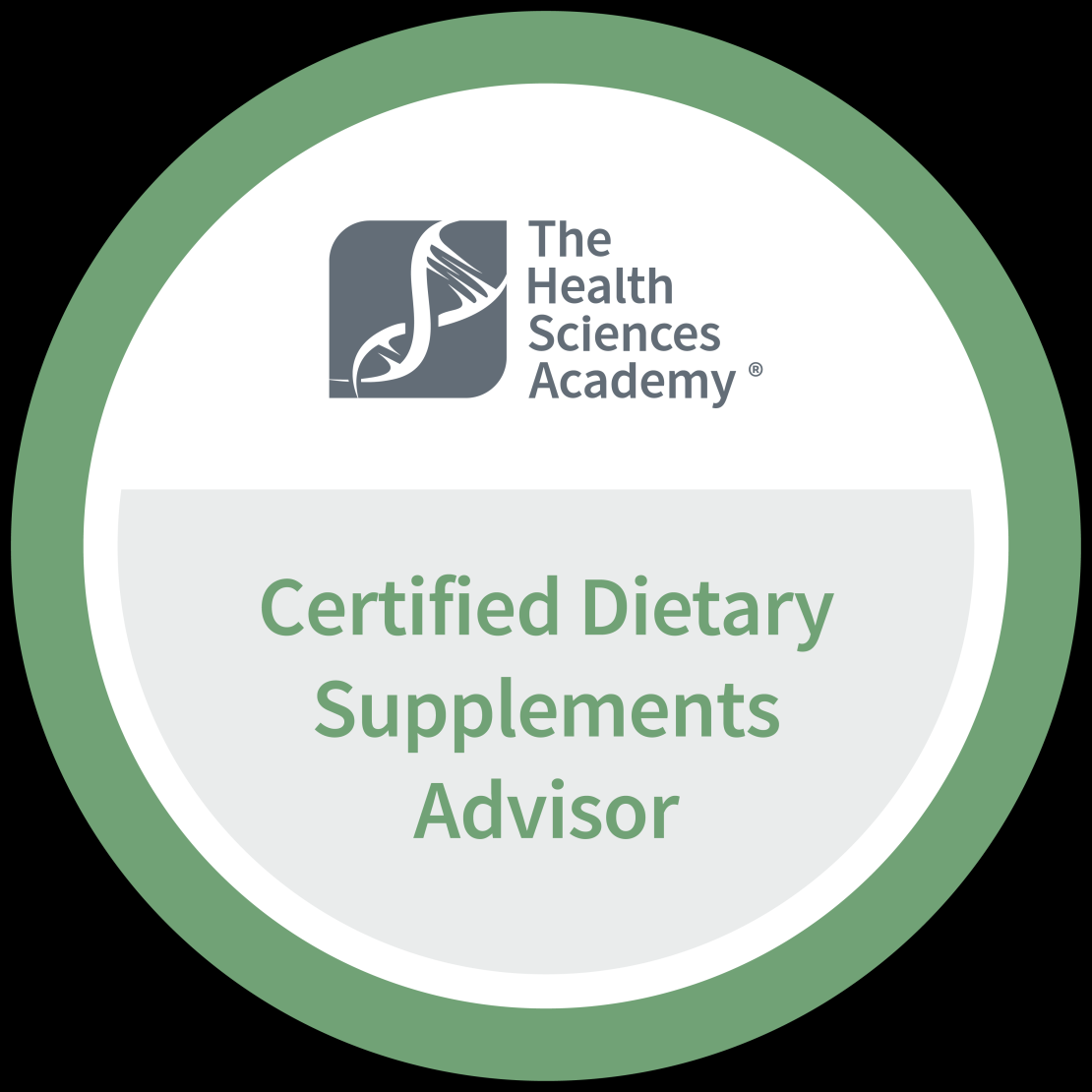
Professional Diploma: Advanced Dietary Supplements Advisor
Perform symptoms assessment and nutrient evaluations. Advise on supplements. Dosage, adjustments, how and when to take them for optimal absorption. Analyse antioxidant capacity and provide recommendations. Build individual supplement plans in order to help mitigate the risk of wrong supplemental advice. Educate on interactions with drugs, bad combinations, toxicity levels and potential side effects.
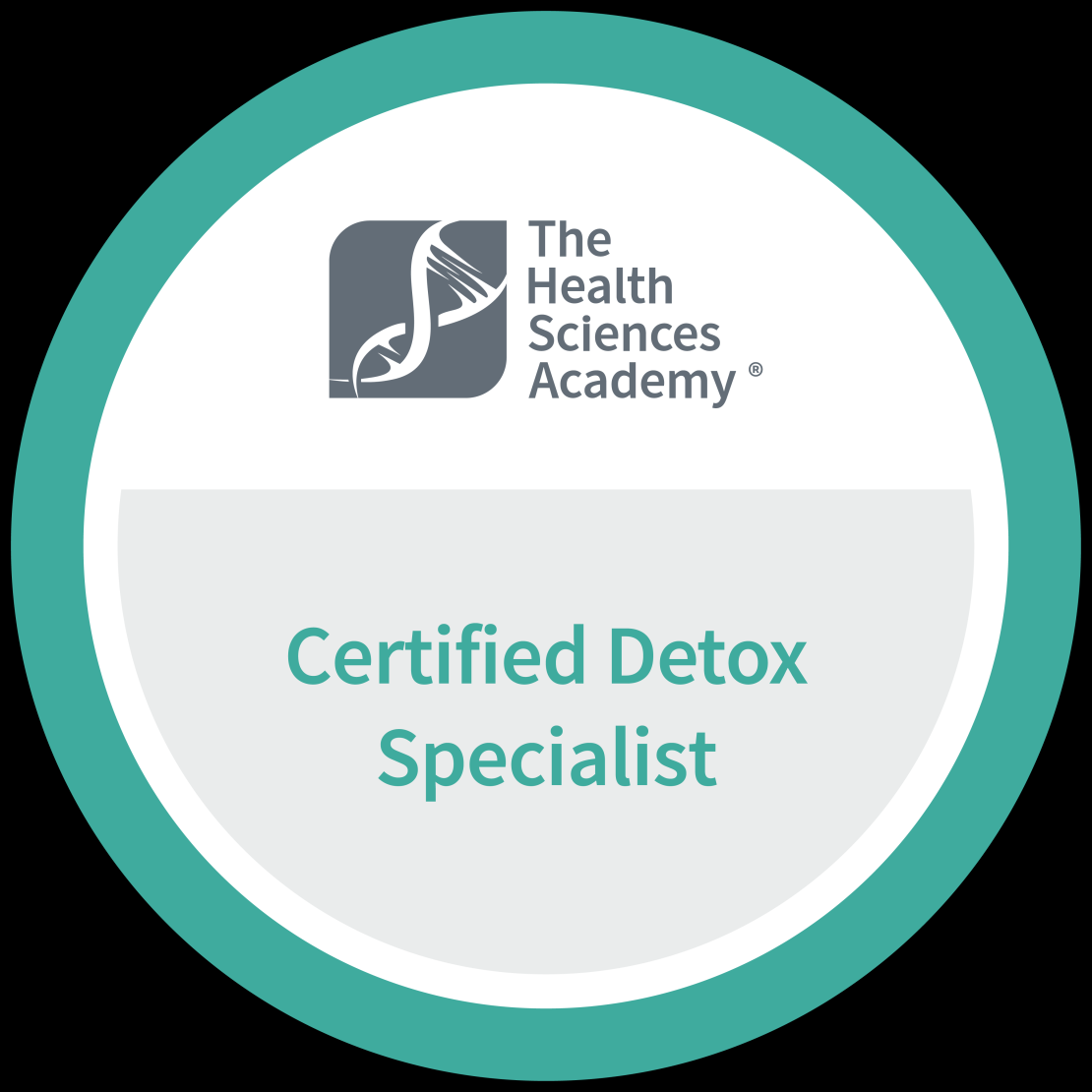
Professional Diploma: Detox Specialist
Perform symptoms assessment, evaluate detoxification capacity, recognise sources of endogenous and exogenous toxins, identify risk and symptoms of exposure to toxin types and devise nutritional strategies to help alleviate them. Understand internal elimination and biochemical detoxification pathways, which particular nutrients enhance then and which agents hinder them.
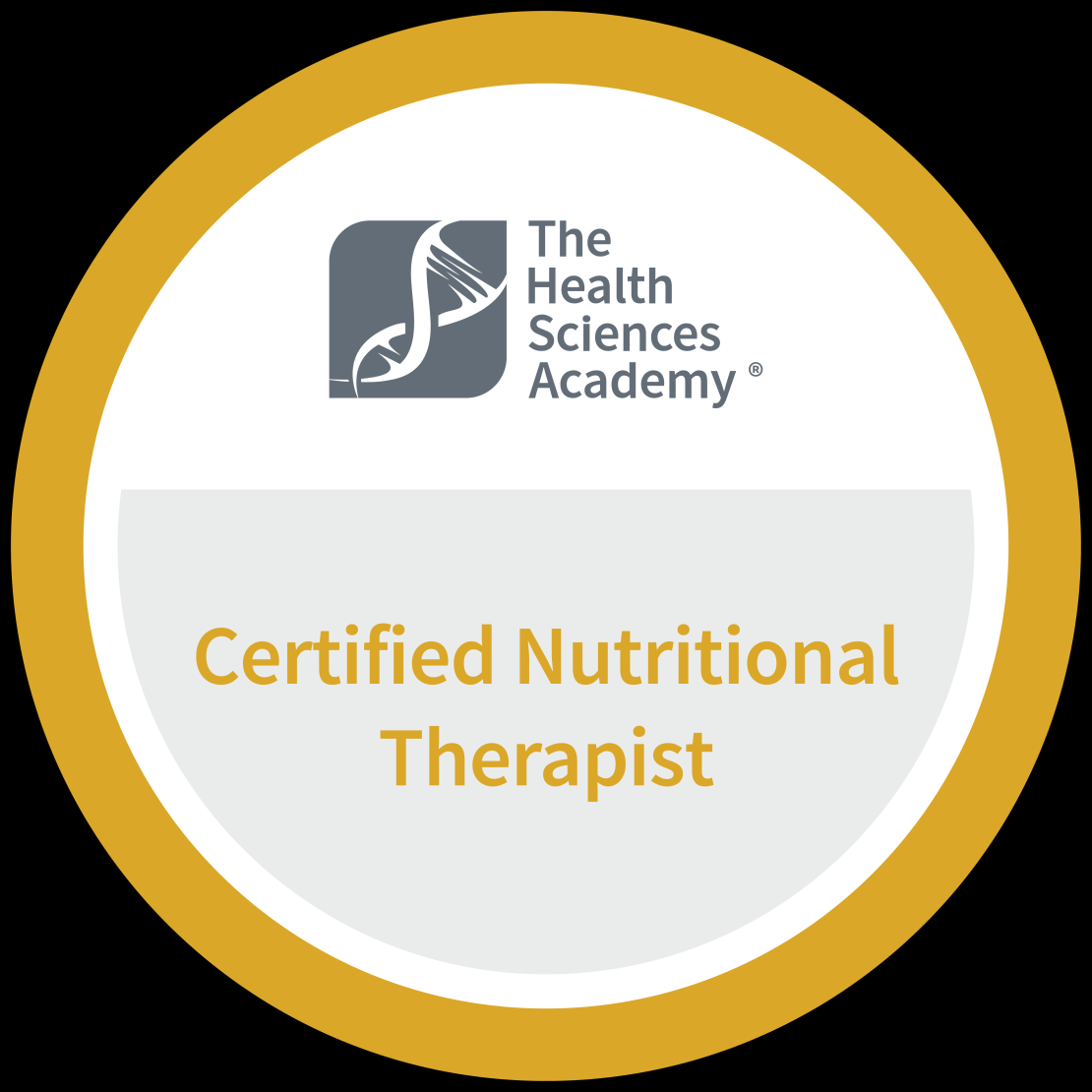
Professional Diploma: Nutritional Therapist
Recognise the impact of nutrition on health and gene expression and understand the relationship between free radicals and DNA damage. Analyse antioxidant capacity and put forward nutritional recommendations to increase antioxidant protection. Understand the influence of plant-based foods, polyphenols, phytochemicals, probiotics, and fibre on health promotion and disease prevention. Perform nutritional assessments, detect probable nutrient deficiency risks, and formulate personalised dietary strategies to help correct them. Identify which factors either increase the bioavailability of required nutrients or hinder their absorption and utilisation. Build personalised food plans to help improve health symptoms and put forward nutritional recommendations for common health conditions.
Wageningen University and Research
Professional Certificate: Food, Nutrition and Health.
The composition of macro and micronutrients, their roles in the body, and their impact on our health. A sound understanding of energy homeostasis and the regulation of bodyweight. The health problems related to overnutrition and undernutrition; strategies to improve nutritional status and combat overnutrition and undernutrition, based on scientific knowledge as well as the structure and design of research.
Certificate: Nutrition and Health: Human Microbiome.
Our bodies are not only made up of human cells, but also trillions of bacteria, fungi and viruses. Together they make up the human microbiome and have a tremendous impact on our health; how the microbiome together with our diet can improve normal gut function. A balanced microbiome and nutritional intake can avoid disorders like irritable bowel syndrome, obesity and diabetes.
Doane X University
Professional Certificate: Lifestyle Medicine: Improving the future of health care.
Lifestyle Medicine involves the use of evidence-based lifestyle therapeutic approaches, to prevent, treat, and, oftentimes, reverse the lifestyle-related, chronic disease that's all too prevalent. This type of healthcare approach provides quality improvements for the future of healthcare.
Certificate: Biostatistics: The use of statistics and study designs in biology.
Designing experimental, quasi-experimental and observational studies that meet regulatory guidelines; collect, analysis and interpret data, using appropriate statistical tools.
American College of Healthcare Sciences
Functional Blood Chemistry Analysis Specialist.
This micro-credential provides the foundation for a holistic approach to evaluating blood chemistry, with an emphasis on optimal values rather than clinical ranges. It emphasizes a correlation between all parts of the body, not just one independent biomarker. We develop an ability to effectively analyse the nutritional and supplemental needs of an individual, through a review of functional blood chemistry labs. This presents a comprehensive and scientific means, of evaluating and monitoring an individual’s overall state of health.
KU Leuven University Hospitals
Certificate: Clinical Nutrition – evidence-based practice
Evidence-based insights and practical know-how on nutrition-related solutions. Broadens conceptual knowledge towards the context & background-independent application of nutrition-related issues due to chronic and infectious disorders. An evidence-based practice approach allows a decision-maker to identify the relevant evidence for practice while taking into account the sociocultural background and wishes of a patient. This evidence-based practice approach will eliminate the ‘trial & error’ approach.
The University of Copenhagen
Certificate: Bacteria and Chronic Infections.
Familiarity with the fundamental concepts of microbiology and bacteriology such as single cell bacteria, biofilm formation, acute and chronic infections.
University of Pennsylvanian
Certificate: Vital Signs: What the body is telling us.
The vital signs – heart rate, blood pressure, body temperature, respiration rate, and pain – communicate important information about the physiological status of the human body. In this six-part course we explore the anatomy and physiology underlying the vital signs so that we will develop a systematic, integrated understanding of how the body functions. Relevant body systems are reviewed including cardiovascular and respiratory, followed by explanations of how the function of these systems affects vital signs. We discuss normal ranges, normal variants, and the mechanisms that underlie changes in the objective measurement of vital signs.
Harvard X University
Certificate: Cell Biology: Mitochondria.
Exploring in general, the fundamentals of cell biology, with an overarching goal of understanding from a human-centred perspective, that cells are evolving ensembles of macromolecules which in turn form complex communities in tissues, organs, and multicellular organisms. In particular, the mitochondrion, the organelle that powers the cell. The processes of cell metabolism and ATP synthase, the molecular machine that is responsible for the synthesis of most of the ATP (energy currency) that our cells require to do work.
Certificate: Food Fermentation: The Science of Cooking with Microbes.
Analysis of the role of microbes in production, preservation and enhancement of foods across a variety of culinary traditions, through the biochemical process of fermentation using bacteria, fungi, and other microorganisms to produce an end product.
CPR and AED Certified
CPR is Cardiopulmonary resuscitation. The technique can help save a life during a cardiac or breathing emergency.
AED stands for " Automated External Defibrillator ". It is a medical device used in case of sudden cardiac arrest. Its purpose is to give lifesaving aid to the victim.